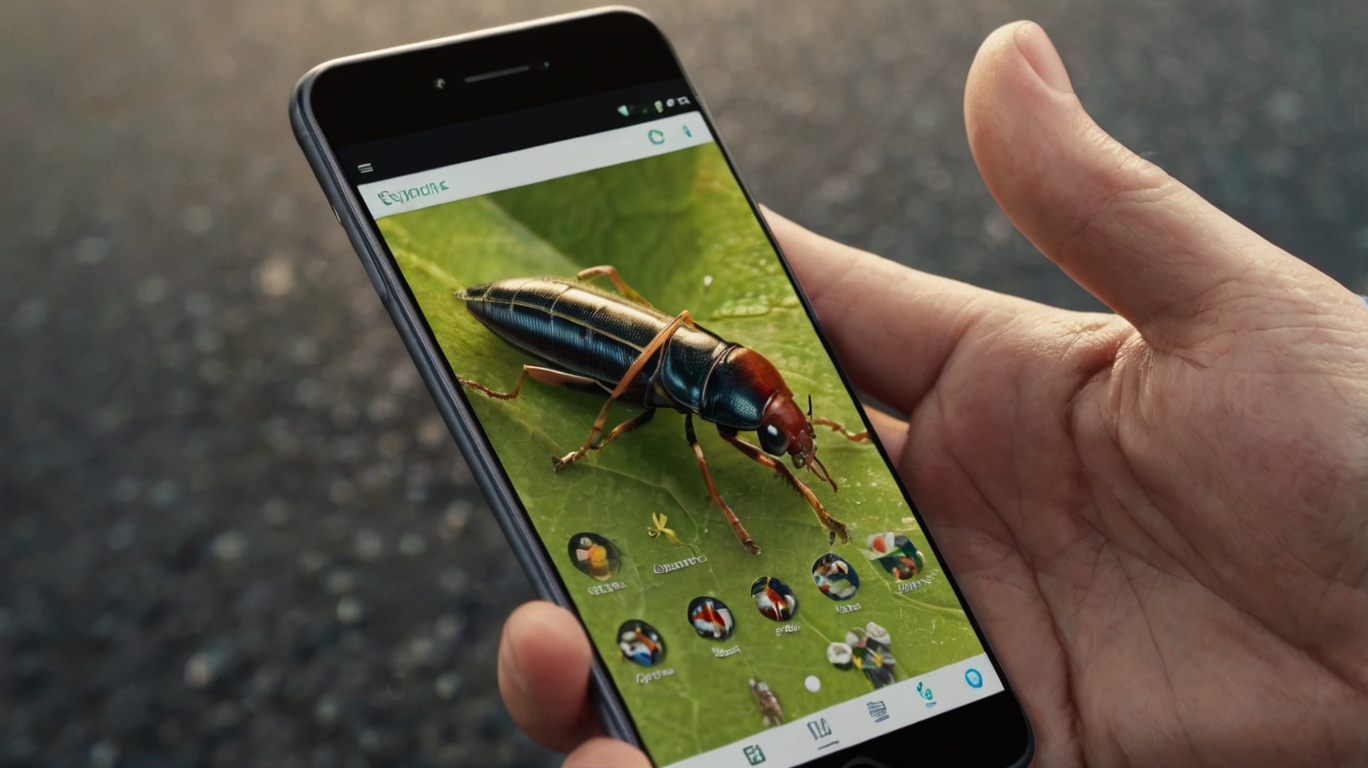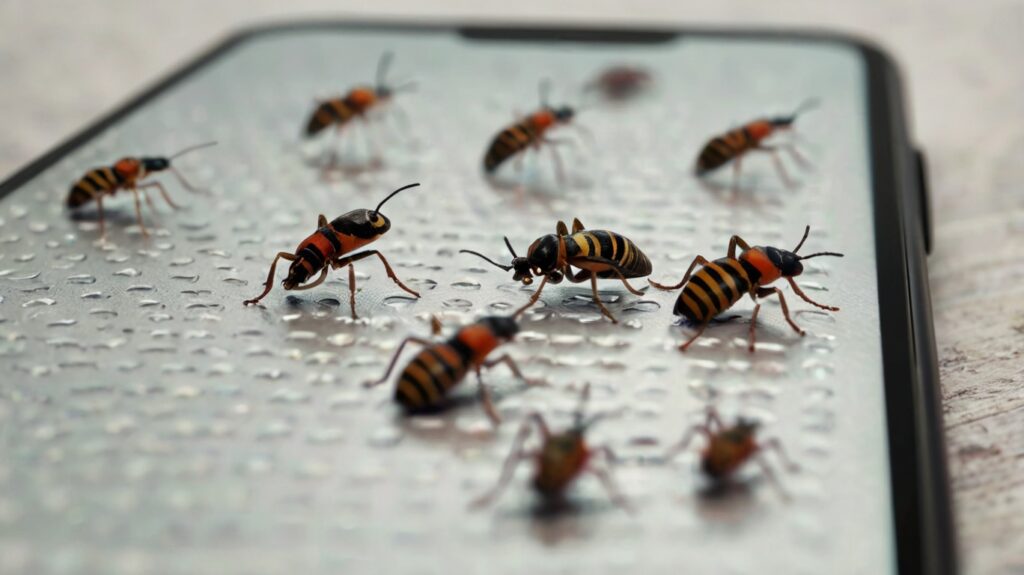
Nothing detracts more from user experience and retention in the hectic world of mobile gaming than bugs. At Melior Games, we recognize that each mobile game’s success depends on providing a smooth and entertaining gameplay experience. In this article, we explore the most prevalent issues found in mobile games and offer suggestions on how QA specialists and developers may fix them.
1. Crashes and Freezes
Description: One of the most disruptive issues, crashes and freezes occur when a game unexpectedly stops or becomes unresponsive. These can happen due to various reasons, such as memory leaks, inefficient coding, or device compatibility issues.
Prevention and Fixes:
- Regular Testing: Perform thorough testing on multiple devices and operating systems to identify crash scenarios.
- Memory Management: Optimize memory usage and regularly check for memory leaks.
- Error Logging: Implement robust error logging to track and analyze crash reports for swift resolution.
2. Performance Issues
Description: Lag, low frame rates, and lengthy loading times are examples of performance problems that can ruin a game. These are frequently brought on by slow networks, complex graphics, or ineffective algorithms.
Prevention and Fixes:
- Optimization: Optimize graphics and assets to balance quality and performance. Use efficient algorithms and data structures.
- Load Testing: Conduct load testing to simulate high user traffic and identify performance bottlenecks.
- Network Handling: Implement effective network management strategies, including data compression and adaptive streaming.
3. Graphical Glitches
Description: Uneven textures, missing assets, and rendering errors are examples of graphic glitches. Hardware constraints, software mistakes, or problems with the game engine can all cause these faults.
Prevention and Fixes:
- Cross-Platform Testing: Test the game on various devices and screen resolutions to ensure graphical consistency.
- Asset Management: Keep track of all graphical assets and their integration into the game.
- Engine Updates: Regularly update the game engine and graphics drivers to the latest versions to avoid compatibility issues.
4. Audio Problems
Description: Audio bugs, such as missing sound effects, delayed audio playback, or distorted sounds, can severely impact the immersive experience of a game.
Prevention and Fixes:
- Audio Testing: Conduct comprehensive audio testing, including different scenarios and device configurations.
- Resource Management: Ensure proper loading and unloading of audio resources to prevent delays and distortions.
- Synchronization: Verify that audio playback is synchronized with game events and visual elements.

5. Input Issues
Description: Input issues involve problems with touch responsiveness, gesture recognition, or incorrect input handling, leading to a frustrating user experience.
Prevention and Fixes:
- Input Calibration: Calibrate touch controls and gestures accurately for different screen sizes and resolutions.
- User Feedback: Incorporate haptic feedback or visual cues to enhance touch responsiveness.
- Testing Scenarios: Test various input scenarios, including multi-touch and rapid inputs, to ensure robustness.
6. Network Connectivity Issues
Description: Games that require an internet connection can suffer from connectivity problems, such as disconnections, latency, or data synchronization errors.
Prevention and Fixes:
- Retry Mechanism: Implement a robust retry mechanism for network requests to handle intermittent connectivity issues.
- Data Caching: Use data caching strategies to minimize the impact of connectivity problems on gameplay.
- Real-Time Monitoring: Monitor network performance in real-time and provide feedback to users in case of connectivity issues.
7. Progression and Save Game Issues
Description: Bugs related to game progression, such as lost progress, incorrect state saving, or corrupted save files, can be particularly disheartening for players.
Prevention and Fixes:
- Save Mechanisms: Implement reliable save mechanisms and regular backups to prevent data loss.
- Data Validation: Ensure data integrity through validation checks before saving and loading game states.
- User Notifications: Inform users of save status and provide options for manual saves to enhance control over game progress.
Conclusion
Ensuring a superior mobile gaming experience requires recognizing and fixing these frequent problems. Our QA specialists at Melior Games are committed to painstakingly testing and perfecting games to guarantee they fulfill the greatest requirements for dependability and performance. We assist creators in making games that not only attract but also hold the attention of their audiences by placing a high priority on exhaustive testing, frequent updates, and efficient bug-resolution techniques.
A flawless gaming experience necessitates constant work and close attention to detail. Developers may drive the success of their mobile games in an increasingly competitive market by minimizing bugs and maximizing user pleasure with the correct approach to quality assurance.




